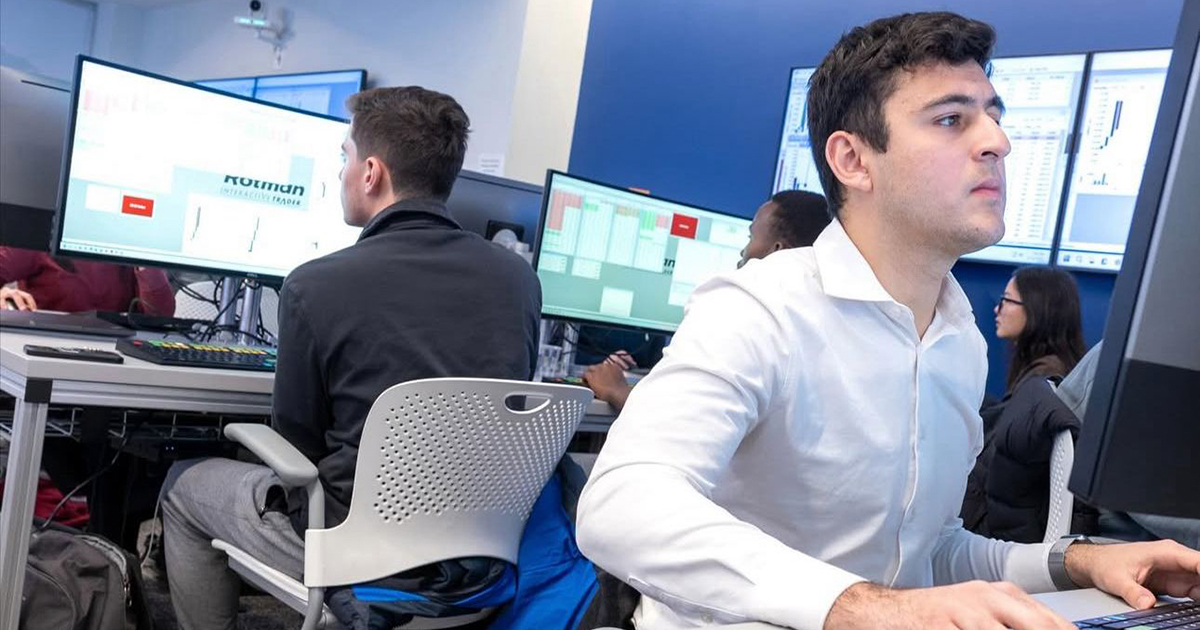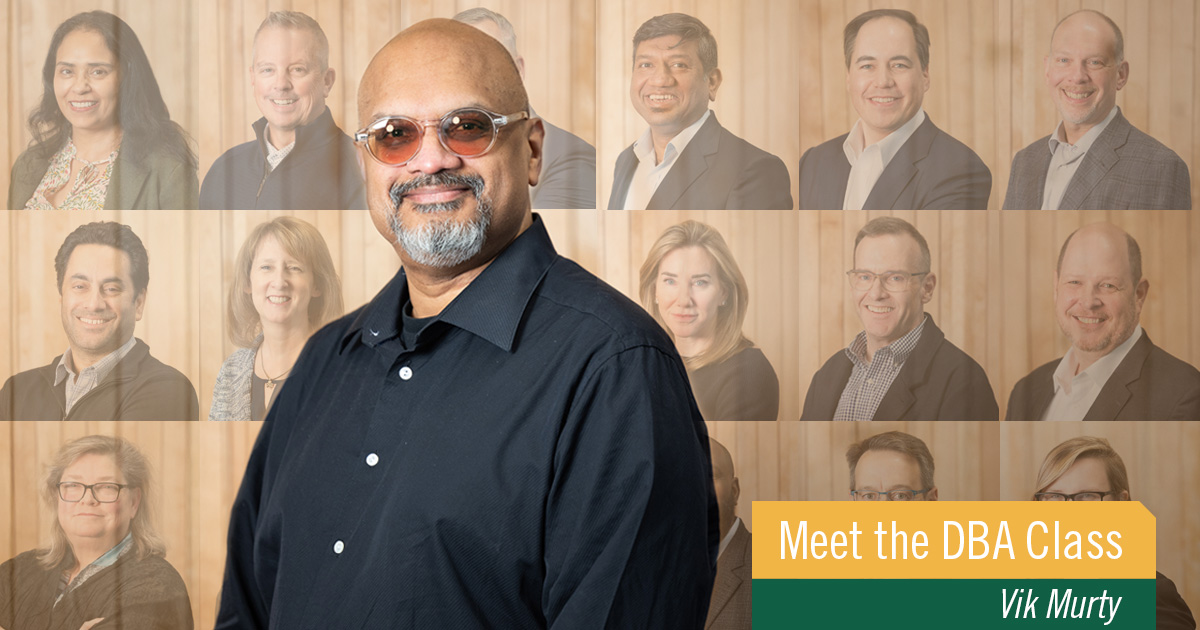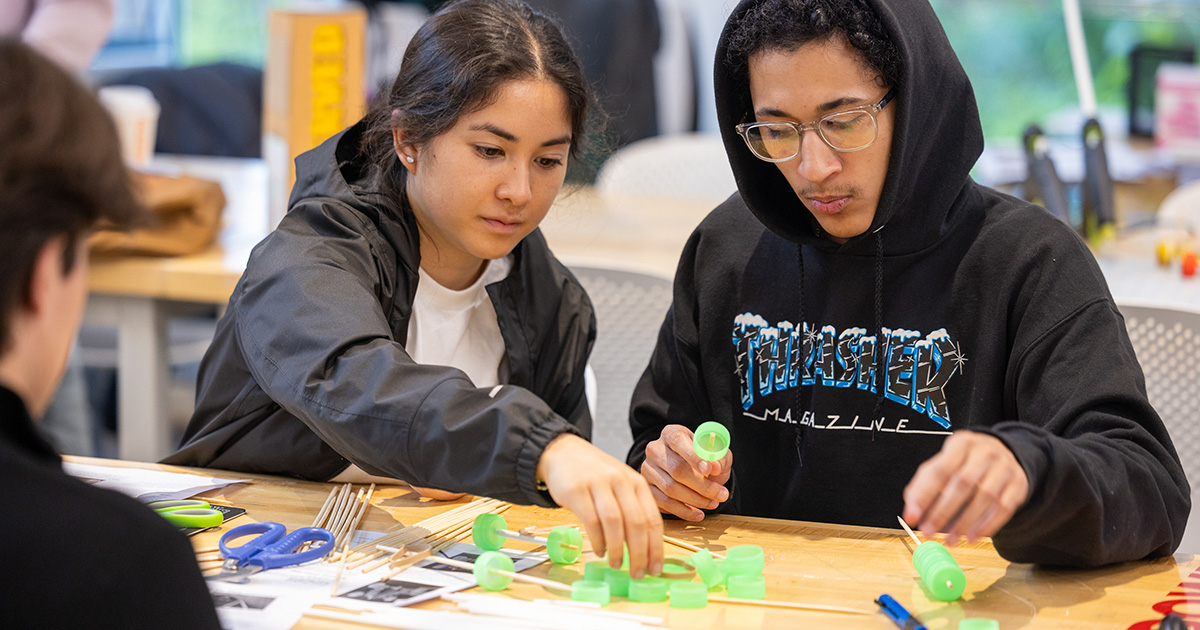SPLAT! Breaking the Rules in STEM Education

If you’re on a mission to get kids excited about coding, letting them jump and play is a pretty good place to start.
That’s why Bryanne Leeming MBA’16 founded Unruly Studios, the only STEM education tool that mixes STEM and play on the market today. At the center of the business are “Splats” – durable floor buttons that light up and are made to be stomped on. Working together, students code their own recess style games (think whack-a-mole, red light green light, and relay races) and write the rules that tell the Splats when to light up and make noise.
Leeming hatched her idea while earning her MBA at Babson, benefiting from resources at the Blank Center, CWEL, and the Summer Venture Program to bring her company to life. Today, Unruly’s Splats are in schools from coast to coast, and one of Leeming’s favorite things is when teachers tweet scenes of the Splats in action.
We caught up with Bryanne, who shared her inspiration for becoming an entrepreneur, how she tested the Splats, and why you don’t necessarily need a technical background to run a technology company.
What drew you to STEM education?
I’ve always been drawn to STEM. In college I studied cognitive science, which is neuroscience and learning how the brain works. In a lot of ways, STEM and the scientific process is similar to the iterative process of entrepreneurship. You come up with the theory, test it, see if you were right, and iterate. It’s the same process when you’re learning coding, building something new with code, or building a company.
Why did you choose Babson?
I grew up in a family of entrepreneurs. My parents run and operate a restaurant called Murphy’s on the Green in Hanover, NH. I worked for the restaurant for 10 summers, and it inspired me to think that maybe someday I would want to start a business. That was really what drew me to Babson for my MBA.
The idea for Unruly came to me pretty early in my time at Babson, and I found it really helpful to have a real project that I was working on throughout my classes. For example, when I took entrepreneurial finance, that’s when we started really doing our initial fundraising. I took classes on scaling, and being a coaching leader, and everything was directly applicable in my work with Unruly. At Babson, I built up skills and muscles and capabilities in myself which I’m using all the time now.
How did you bring your idea to life?
The initial idea I had at Babson was this concept of an electronic playground for kids that combined learning to code with physical activity.
To bring the idea to life, we built prototypes and tested them. The first one was a paper prototype I built before Rocket Pitch at Babson just so I could test out the concept. I went to a friend’s 2nd grade classroom in Roxbury after school one day to test it there. I learned how the kids liked to interact with the product, even though it was just paper and I was trying to pretend it was electronic and interactive. I built the next prototype out of the makerspace Artisans Asylum, and from there, I brought it out to some local YMCA programs. We were also lucky to be able to test prototypes at the Boston Children’s Museum a lot in the beginning.

We made 23 different prototypes over the course of a year and a half and tested those with 3,000 kids, parents, and educators. That’s how we ultimately got to the splat!
What advice do you have for other entrepreneurs?
We have a pretty technical product at Unruly – hardware and software, and we built a whole app. I would encourage people that are not technical that they can still run technology companies. Dive in and really try to understand the technology you’re building, even if you can’t build it yourself. That allows you to lead and work with your team. Sometimes, I even think having that different, non-technical background can be really helpful in building a new technology.
What are your hopes for the future?
I hope that more kids get exposed to STEM in a meaningful, positive, engaging way. I don’t think every kid needs to become a programmer or go into a technical role, but the early exposure can change how they think for their whole lives. That’s what it did for me. The more we can engage kids in that in a positive way, the more they can collaborate in the economy of the future. I hope that more kids will be able to participate in creating new things.



